
Philadelphias Germans
Philadelphias Germans
From Colonial Settlers to Enemy
Aliens
Richard N. Juliani
LEXINGTON BOOKS
Lanham Boulder New York London
Published by Lexington Books
An imprint of The Rowman & Littlefield Publishing Group, Inc.
4501 Forbes Boulevard, Suite 200, Lanham, Maryland 20706
www.rowman.com
86-90 Paul Street, London EC2A 4NE
All rights reserved. No part of this book may be reproduced in any form or by any electronic or mechanical means, including information storage and retrieval systems, without written permission from the publisher, except by a reviewer who may quote passages in a review.
British Library Cataloguing in Publication Information Available
Library of Congress Cataloging-in-Publication Data
Names: Juliani, Richard N., author.
Title: Philadelphias Germans : from colonial settlers to enemy aliens / by Richard N. Juliani.
Description: Lanham : Lexington Books, [2021] | Includes bibliographical references and index.
Identifiers: LCCN 2021030996 | ISBN 9781793651792 (cloth) | ISBN 9781793651815 (paperback) | ISBN 9781793651808 (ebook)
Subjects: LCSH: German AmericansPennsylvaniaPhiladelphiaHistory19th century. | German AmericansPennsylvaniaPhiladelphiaHistory20th century. | GermansPennsylvaniaPhiladelphiaHistory19th century. | GermansPennsylvaniaPhiladelphiaHistory20th century. | ImmigrantsPennsylvaniaPhiladelphiaHistory19th century. | ImmigrantsPennsylvaniaPhiladelphiaHistory20th century. | German AmericansEthnic identity. | Philadelphia (Pa.)History.
Classification: LCC F158.9.G3 J85 2021 | DDC 305.83/10748dc23
LC record available at https://lccn.loc.gov/2021030996
 The paper used in this publication meets the minimum requirements of American National Standard for Information SciencesPermanence of Paper for Printed Library Materials, ANSI/NISO Z39.48-1992.
The paper used in this publication meets the minimum requirements of American National Standard for Information SciencesPermanence of Paper for Printed Library Materials, ANSI/NISO Z39.48-1992.
Contents
General John F. Ballier
Brigadier General Henry Bohlen
Colonel Francis Mahler
Philadelphia Schuetzen Verein
Reverend Adolph Spaeth
U.S. Congressman Frederick Halterman
Cannstatter Volksfest Verein at Washington Park (1897)
Charles H. Reisser
Godfrey Keebler
Editorial Cartoon: Philadelphia Saengerfest (1897)
Festive Turners March
AdvertisementWanamakers German Day
AdvertisementWanamakers German Day
Charles J. Hexamer
A German American Alliance
Warning SignForbidding Enemy Aliens
How All of Us FeelTo Hell with the Kaiser
Corporal Frank William Reinhart
It is often instructive to know how any particular work came to be written. In the present case, it may have begun with a widely respected Philadelphian of German descent who, despite being the head of one of the largest pharmaceutical firms in the world, remained quite mindful of the difficulties that his family had endured a half century earlier. At a board meeting of a research center for the study of ethnic life in America, he mentioned that German Americans had been treated very badly during that time. His remark not only came as a surprise to others in the room but would not leave the memory of at least one of them. More than thirty years later, as I began research on how the Great War of 19141918 affected Philadelphia, the more that I read about those times, the strvonger my recall of his words became.
My own parents, despite my mother having lived in America for over thirty-five years and my father for twenty years, became enemy aliens, required to carry identification cards and report annually to an office of the Justice Department in the early 1940s. I was only vaguely aware of it at the time, before becoming more so in later years, as I learned how difficult the lives of the foreign-born had sometimes been in ways that most other Americans knew little or nothing about. Although neither of my parents was ever interned as Japanese Americans and their families and some Germans and Italians were during World War II, I became concerned that such treatment ever happened. It is especially ironic that the sons of those families were highly decorated members of the armed forces of the United States during that war. Many of them never survived the struggle against Americas real enemies or returned from the battlefields to rejoin their own families.
As the plight of German Americans in what was intended to be a brief reflection on local history evolved into the present study, while previous writers had examined much of this experience, I became convinced that we needed to become even more fully reacquainted with it. Recent events have made many Americans wary of people from other parts of the world who as visitors, resident aliens, or even citizens seem to be different in some sense. Such fears evoke great parallels with earlier episodes of our history. Especially after the United States entered the war in April 1917, some Germans were believed to pose a threat to America. But the German American population as a whole, which included some of the oldest families in the nation, did not; and their sons who fought and died as American soldiers in the Great War of 19141918 did not. It is these people that this work seeks to have us remember.
T. S. Eliot once observed that a people without a history is not redeemed from time, for history is a pattern of timeless moments. But in seeking what constitutes that pattern of timeless moments, we must decide what are the right elements and how they relate to each other. Marc Bloch, a great historian of an earlier era argued that in the last analysis it is human consciousness which is the subject matter of history. The interrelations, confusions, and infections of human consciousness are, for history, reality itself. But while a proposed study might include the right issues, historical research may be blocked by the unavailability of data. But historians tend to find a body of information and then ask what questions do these data answer. In contrast, sociologists, who study populations of still-living subjects, can frame questions that they deem to be worth raising, ask what kinds of data are needed to answer those questions, and then devise a methodology that generates those data.
Since the time of Max Weber, sociologists have recognized that their research must be soaked in history. By the same token, good history is facilitated by the use of sociology to organize data. With the erasure of boundaries between history and sociology, fresh perspectives provide space for such new fields as Peter Burke calls historical anthropology. In seeking to recreate the past, the present study often relies upon a rich, but risky, resourcepress coverage of eventsas a prism through which they were refractedbut with a critical, rather than a blind, acceptance. As Bloch warned long ago, the newspaper as a source can put research on a sometimes treacherous course. While we might wish that newspapers would be nothing less than faithfully accurate cameras that capture and reveal history, they frequently, by their choice of what news to cover, placement of published articles, and use of language, become more like projectors that construct and cast the news of events. And if so, as newspapers, by their substance and tone become part of the narrative, it becomes necessary for caution to replace navet. But whatever its liabilities, the newspaper as a means of communication in the modern era has become a part of the process of history. It is with this understanding and in this spirit that we use this medium in a manner which even Bloch would have approved.
Next page
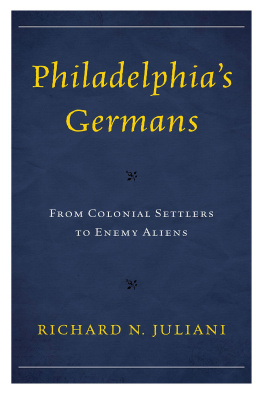

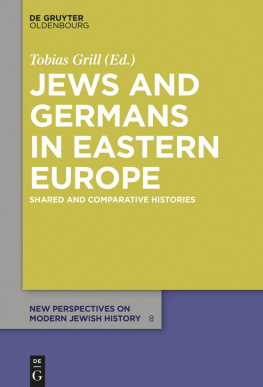
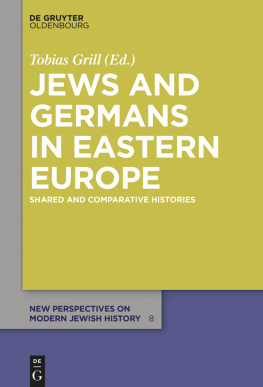
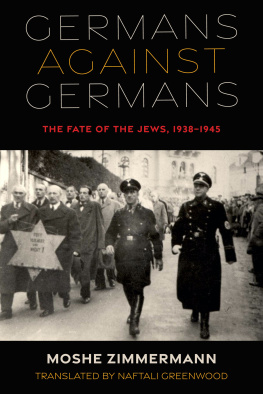
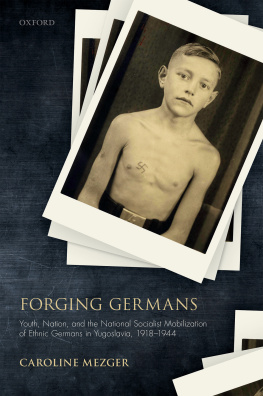
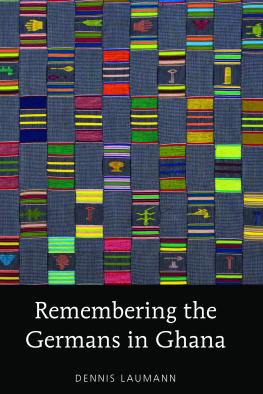
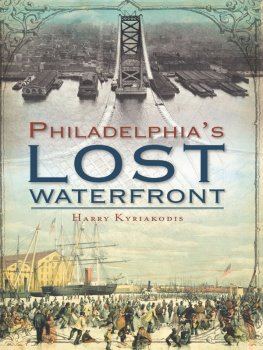
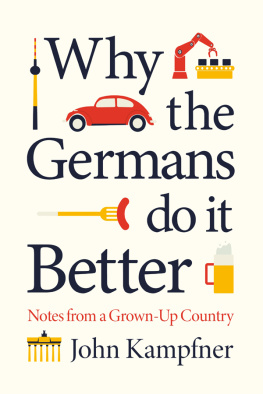
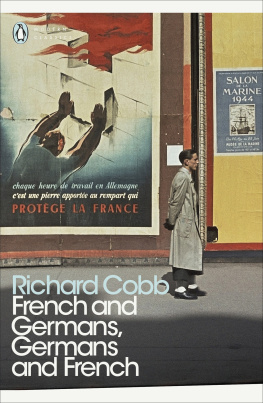
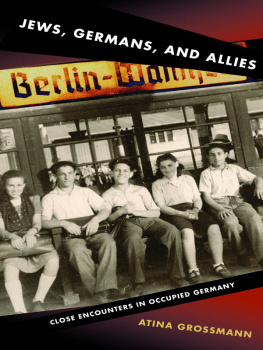

 The paper used in this publication meets the minimum requirements of American National Standard for Information SciencesPermanence of Paper for Printed Library Materials, ANSI/NISO Z39.48-1992.
The paper used in this publication meets the minimum requirements of American National Standard for Information SciencesPermanence of Paper for Printed Library Materials, ANSI/NISO Z39.48-1992.